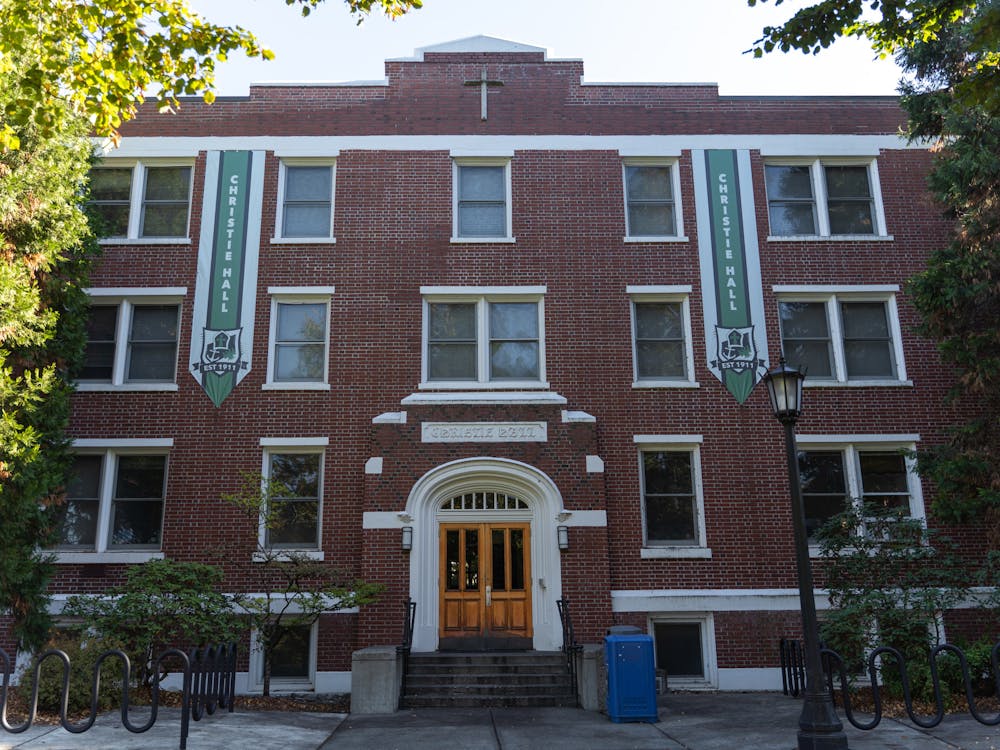New ticket reading system implemented in allowing students access to Homecoming dance
By Gaona Yang, Staff Writer --yang11@up.edu
A contributing factor to the dance controversy was a new system that links student ID numbers to dance tickets.
CPB implemented the card readers, which cost $10,000 for the system and direct programming with UP information, in hopes of maintaining accountability for students and preventing overflow of guests.
"We wanted the card readers for risk management," White said. "All procedures are to keep students safe."
The new card readers' debuts this year will make students think twice about giving away or selling their tickets.
In order to enter a dance, the student must appear in the reader's system. This is to monitor how many and which students attend the event.
After a student purchases, wins or attains a ticket through volunteering, CPB will record his or her ID number into the reader's system to indicate that the student is in possession of a ticket.
When the student's ID card is scanned at the dance, the system will indicate that the student has access to the event. This way if a student loses the ticket, he or she would still be able to attend.
If another student finds that lost ticket and attempts to enter the dance after the original ticketholder has already entered the dance, he or she would not be able to enter the dance because her ID number would not be in the system.
"What I saw was students trying to deceive us saying they had tickets," Jeromy Koffler, director of Student Activities, said. "They tried to beat the system even when we told them at the bus line that they needed to already have a ticket."
Those students were allowed to ride the buses to the site of the dance but were turned away.
Tickets are still transferrable among students only if the exchange is done in advance and the students directly confirm the exchange with White or Jillian Smith, assistant director for Student Clubs.
ID cards will continue to be required to enter dances. CPB has not decided whether actual tickets must be present as well, White said.
"From an organizer's point of view, this system is fair and consistent," Koffler said. "From a student's point of view, it's not fair and it's not right."
The card readers also provided a more efficient service for admitting students into the dance. In the time it took for one person to enter the dance via the previous paper ticket system, three people would have been checked in with the readers.
The system also time-stamps each entry, an important detail aimed to help organizers and students in an emergency.
Koffler agreed that students' safety is the primary concern when planning an event, and that students, too, should plan in advance.
"It's hard to predict the future," Koffler said. "CPB will definitely assess the future and try to do good work to make good decisions in the future."







